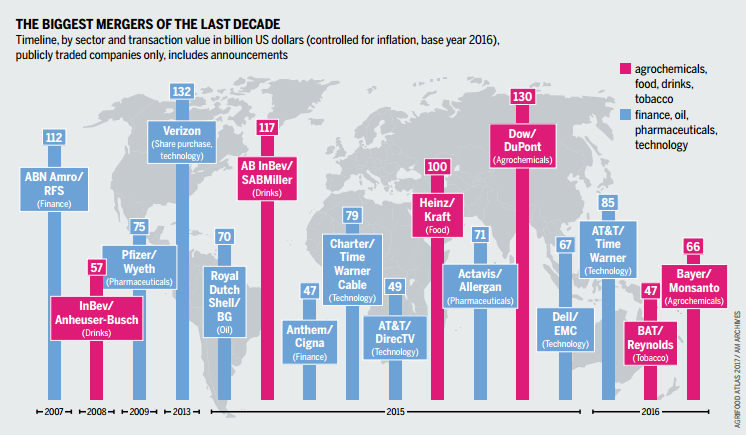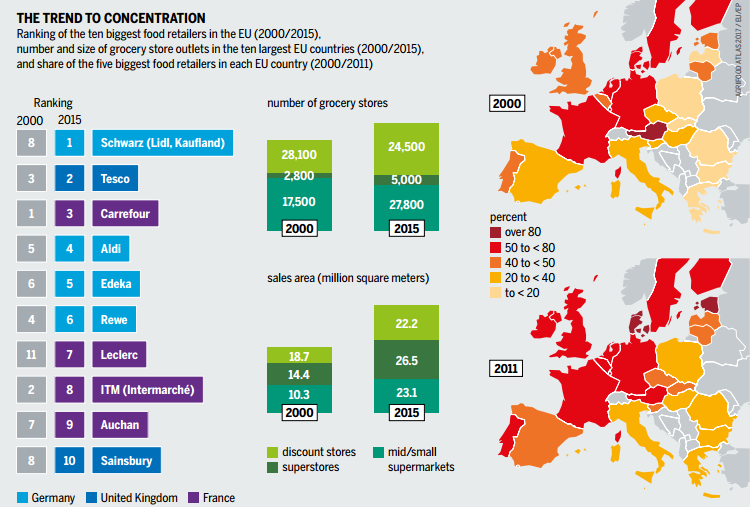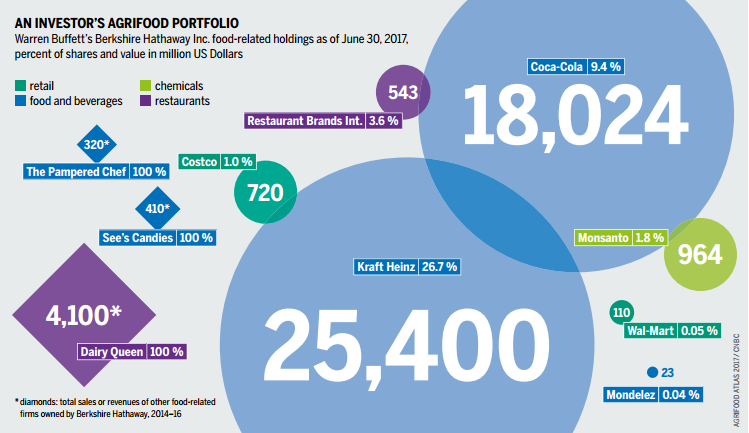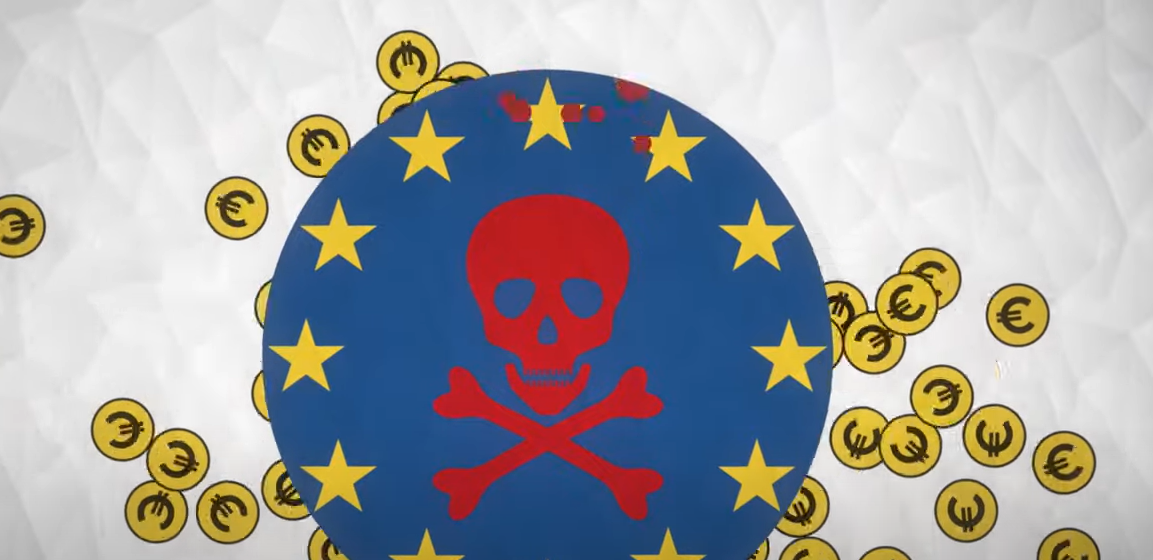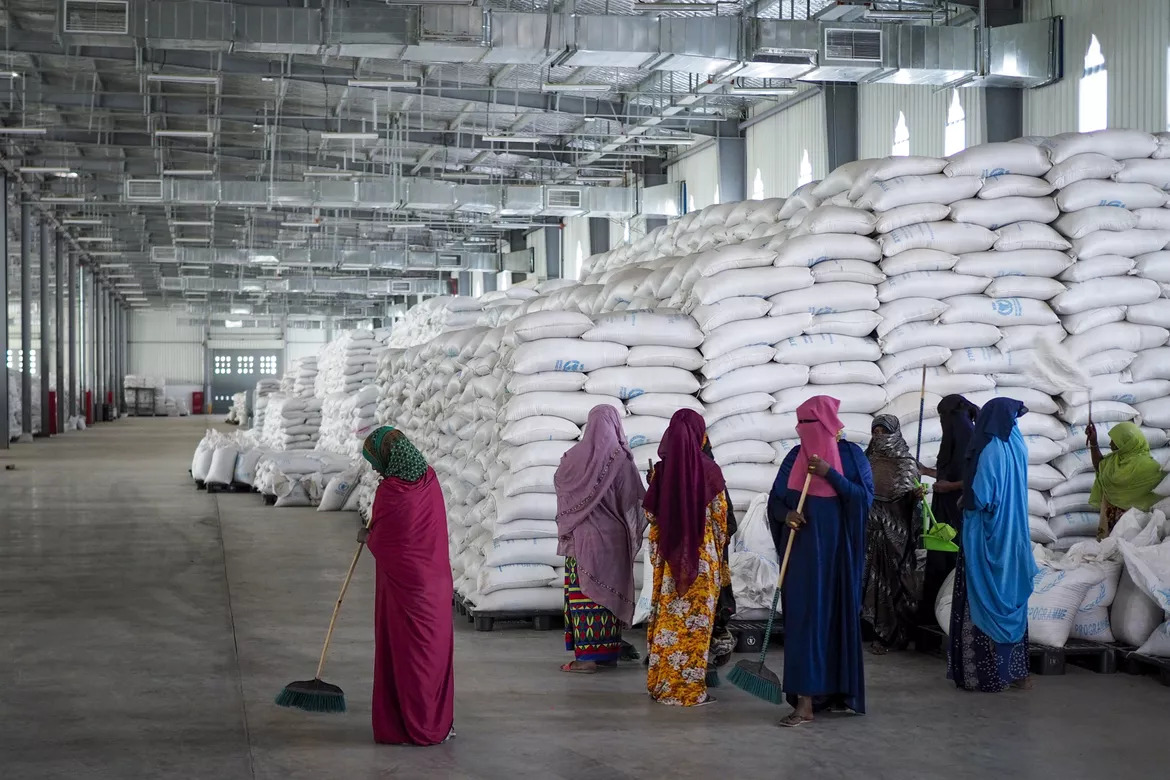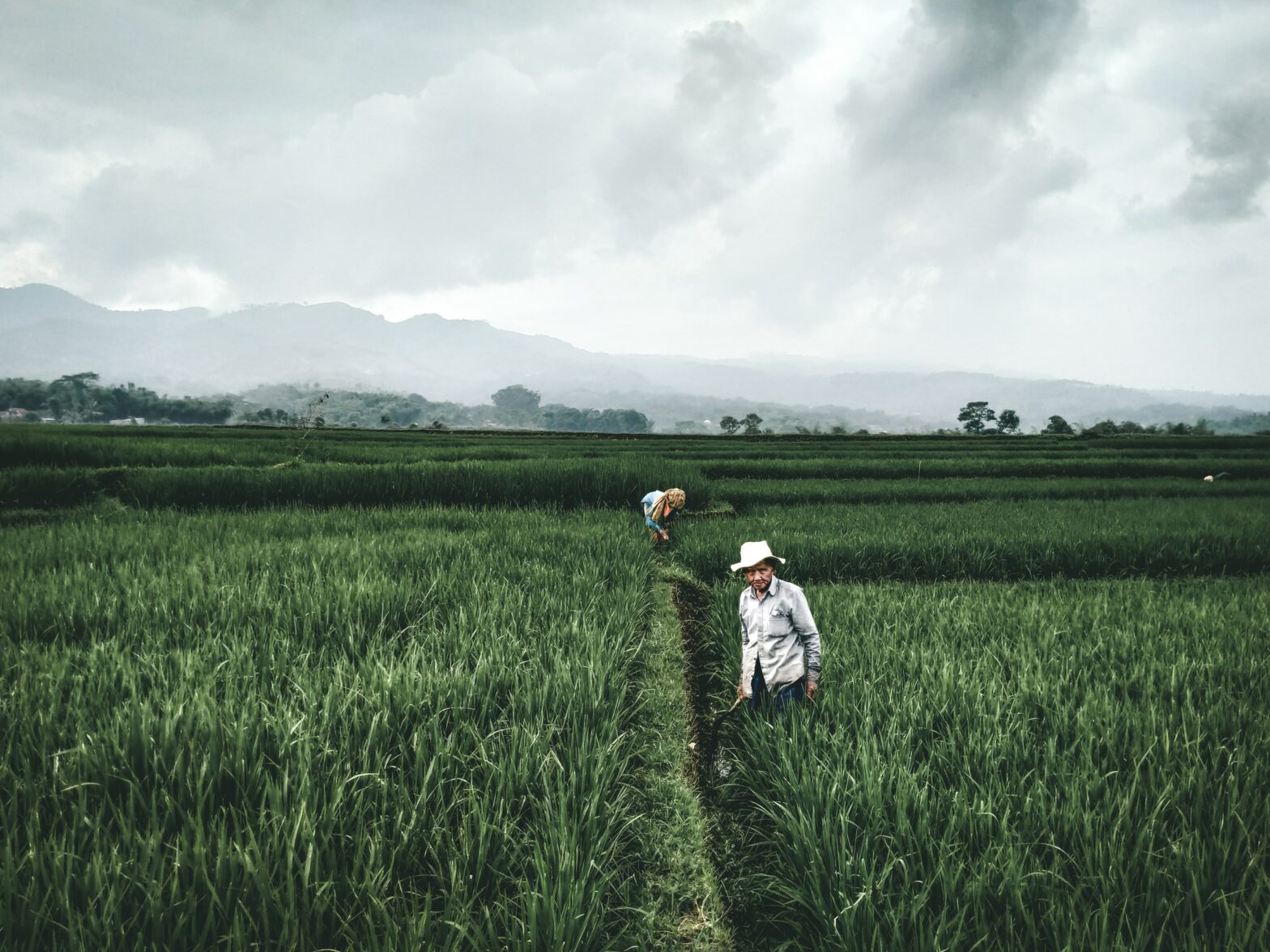Partager Twitter Facebook Email Copy URL
Facts and figures about the corporations that control what we eat 2017
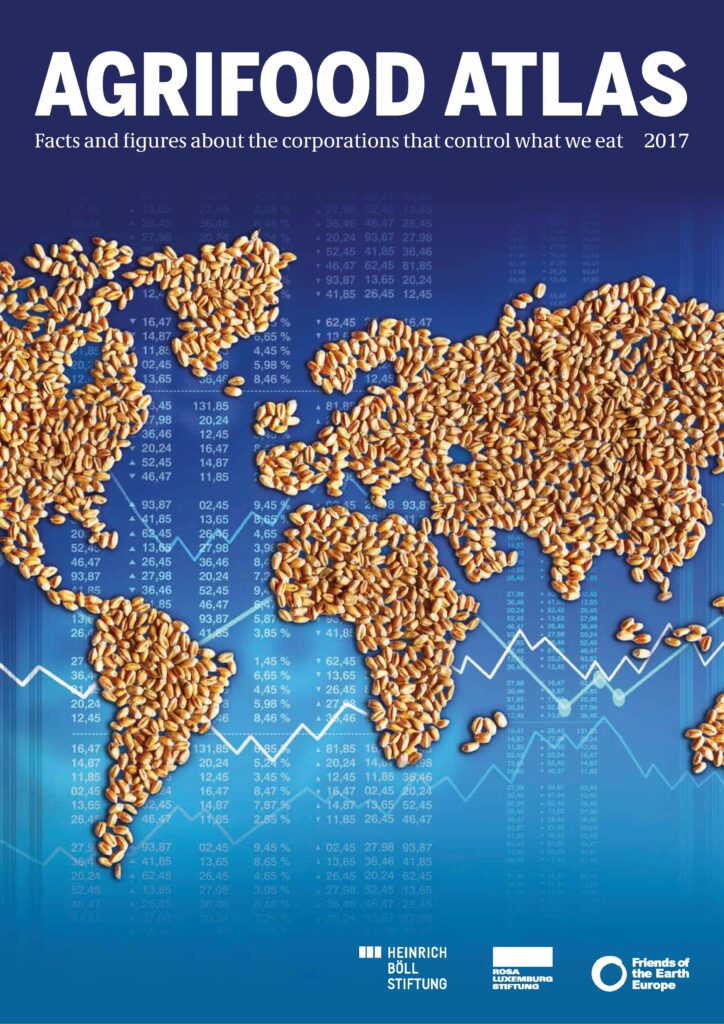
In English, German and Portuguese.
The list of the 500 companies with the highest turnover in the world contains a large number of companies that are active in the agriculture and food sector. And the trend is towards a further concentration of power. Agrifood corporations are driving industrialisation along the entire global value chain, from farm to fork. Takeovers and mergers like Monsanto by Bayer, Kraft with Heinz and Dow with DuPont are just the tip of the iceberg. Attention to ecological and social values such as human rights, labour rights, as well as climate and environmental protection does not necessarily depend on the size of a company. But in many parts of the agrifood sector, individual corporations have gained so much market sway that they have the ability to shape markets and policies. Their purchasing and sales policies promote an agriculture that is all about productivity. The struggle for market share is fought at the expense of the weakest links in the chain: farmers and workers.
More and more people are organising and changing their buying habits to restore diversity in the value chain. But this is not enough to end hunger and poverty or to protect the environment. The withdrawal of the state from the economy is a major cause of the colossal environmental and climate damage and global injustice we see today. It is high time for a socially and politically oriented regulation of the agrifood sector. The Agrifood Atlas serves up the facts and shows why and how the path to a socially and ecologically oriented agricultural and food economy must be taken.
The Agrifood Atlas was jointly published by Friends of the Earth Europe, Heinrich-Böll-Stiftung, and Rosa-Luxemburg-Stiftung.
